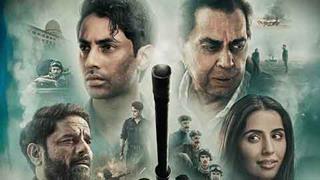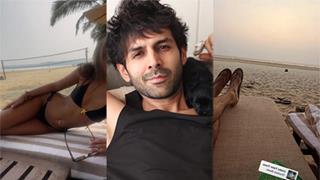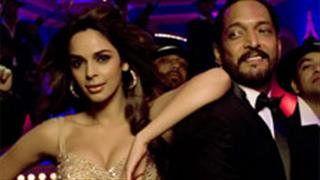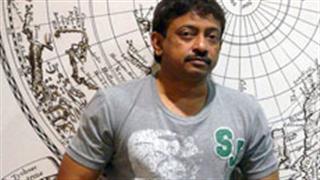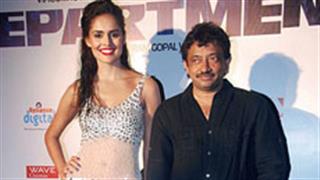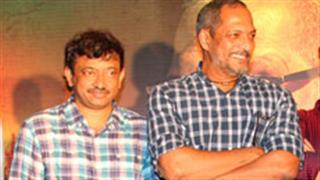"I don't think so (there will be a backlash), simply because there cannot be a dispute in one's view of that barbaric act committed in killing so many innocent men, women and children, be it the so-called moral police or publicity-hungry trouble-mongers," Varma said.
Excerpts from the interview:
Q. For the first time in your career, you were preparing a film for the film festivals and the popular awards.
A. Yes, I was preparing 26/11 film for the festivals. We were going to take it to Berlin in February but then the film wasn't ready. Now there's the Cannes film festival in May, and then various other festivals across the world... I think I only attended one awards function in my entire career. And that was Filmfare during "Satya". But now I feel the need to take "The Attacks Of 26/11" where it will be noticed, heard, seen and appreciated.
Q. In the film, you've used a lot of inter-cutting sequences to create a sense of immediacy.
A. That's why I released the first seven minutes of the film for public viewing rather than the standard trailer. More than just a montage of visuals, which tell you what the movie is about in the usual way and especially because the story of 26/11 is anyway known to everyone, we thought it was better to show the public how and why it has been made.

Q. In "The Attack Of 26/11", you have abandoned rogue technique that you had adapted in your last few films.
A. I feel no amount of camera jugglery or technique can compensate for content. It is only when the content doesn't work that technique stands out both in a good and a bad way.
(The film) "26/11" still has my usual camera work but the seriousness of the subject matter does not make it apparent. The rest of the film will be in the same tone as the first seven minutes because the events of 26/11 were happening with a sense of urgency for all concerned, whether it was the terrorists or the victims or the cops. Even the background score here is in my usual style.
But, like I said, since it is synchronised with the content it doesn't jar. And I haven't used the rogue method.
Q. You end with the hanging of Ajmal Kasab.
A. It gives the film's narrative a nice sense of closure. But there is no closure to the actual happenings. Kasab was only a pawn. Who were the people behind him? Who really held Mumbai city to ransom on 26/11?
Q. Now that "26/11 is ready and cleared by the censor board, do you apprehend a backlash from the moral police?
A. I don't think so, simply because there cannot be a dispute in one's view of that barbaric act committed in killing so many innocent men, women and children, be it the so-called moral police or publicity-hungry trouble-mongers.
Q. Recently, Kamal Haasan's "Vishwaroopam" was targeted by radical groups. Do you think films on terrorism are susceptible to a terror attack by political and moral groups?
A. I don't think they target terrorism related films in particular, but it is a general intolerance... the irony of a free society is that on one hand one has a freedom to do what one wants to do, on the other there is the freedom to object to someone else's freedom.

Q. Those who have seen the film say it is a very humane and emotional take on the 26/11 attacks. As you grow older, do you find the human aspect of a story more interesting than the technical and/or political angle?
A. I don't think it's anything to do with age, but it is to do with which particular aspect of those attacks struck me. Everyone pretty much knows what happened but very few know how it happened. It is one thing to hear or read about it but it is another thing to actually see it. My film primarily concentrates on the events on the night of 26/11.



